5. Sex, Lies and Videotape (1989)
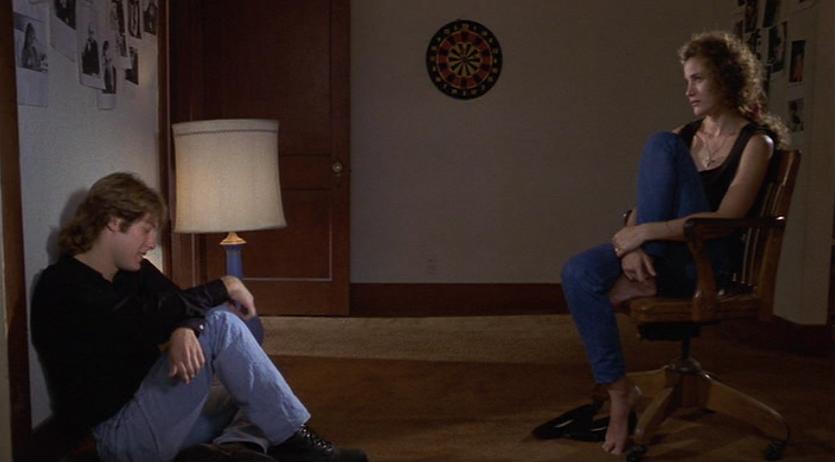
Credited with jumpstarting and paving the way for the American independent movie industry, boom of the 1990s. the singularly striking debut from writer-director Steven Soderbergh, Sex, Lies, and Videotape may have been small scale and modest in its execution, but it enticed mainstream audiences and secured a wealth of prizes and box office receipts.
An intelligent, artful, and erotic drama, Videotape racks focus on a quartet of memorable characters, their contemporary and confessional relationships, all while meddling with the sex farce structure in unexpected and unconventional ways.
The ensemble cast is spectacular, especially James Spader (he won Best Actor at Cannes where the film also received the Golden Palm), whose character, Graham Dalton, is forever filming interviews with women about their sexual experiences and fantasies. People like John (Peter Gallagher) and Ann (Andie MacDowell) are married, but no longer sleeping together. Unbeknownst to Ann, John is sleeping with her younger sister, Cynthia (Laura San Giacomo), and somewhere around here is where Graham sticks his nose, or rather, his camera lens.
Sex, Lies, and Videotape is a frequently funny, painfully honest, emotionally and intellectually lavish film that also manages to be both invigorating and analytical. Essential viewing.
4. Miracle Mile (1988)
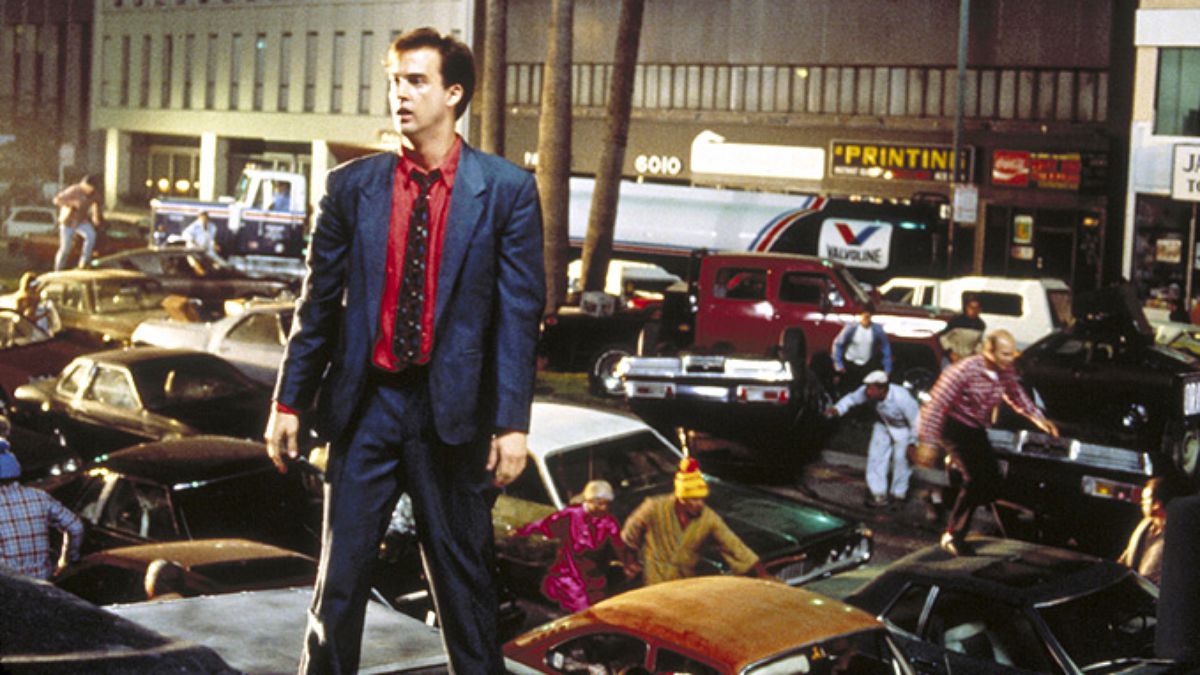
This ‘End is Nigh’ thriller stars Anthony Edwards as Harry Washello, a lovable loser (typecast much?), who just met the love of his life, Julie Peters (Mare Winningham) on the same night that he mistakenly answers a ringing pay phone, unwittingly intercepting a cryptic message warning of a nuclear war that’s only seventy minutes away.
The majority of the film is played out in what feels like real time, and many Hitchcockian curve balls get lobbed at the audience as we wonder, amongst other things, was the phone call legit? Is it all an elaborate put on? Will Harry rescue Julie? Just how big a budget does this movie have?
Writer/director Steve De Jarnatt (Cherry 2000) deserves mad props for Miracle Mile, a passion project he pursued for years. The resulting film, criminally underseen, is incredibly effective for its small scale; several sequences of riotous havoc and mayhem are visually arresting and show no indication of a low budget and time constraints.
The sometimes perverse plot twists and sneaky turns are engaging, and the questions of doubt and disbelief are left to linger until the final minutes of the film as a will-it-or-won’t-it white-knuckle conclusion will totally rock the viewer as their jaw hits the floor. An absolute gem.
3. After Hours (1985)
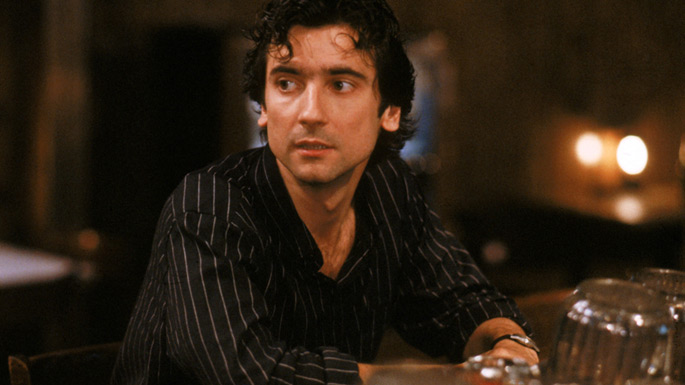
Arguably his most underrated film, the paranoia and mental pressure is unrelenting in Martin Scorsese’s feisty and inflammatory black comedy After Hours. Written by Joseph Minion, this late-night odyssey stars Griffin Dunne as our hangdog hero Paul Hackett, a Manhattanite Yuppie who’s down on his luck and can’t seem to escape a series of misadventures in the SoHo district.
“After Hours is a comedy,” confided Roger Ebert in his four star review, “according to the strict definition of that word: It ends happily, and there are indications along the way that we’re not supposed to take it seriously. It is, however, the tensest comedy I can remember, building its nightmare situation step by insidious step until our laughter is hollow, or defensive.”
Paul’s all-night expedition is populated by nefarious characters and troublemakers portrayed by the likes of Rosanna Arquette, Teri Garr, Catherine O’Hara, Bronson Pinchot, and affable stoners Cheech and Chong in what’s got to be one of Scorsese’s strangest and most absurd chef-d’oeuvres.
2. Body Double (1984)
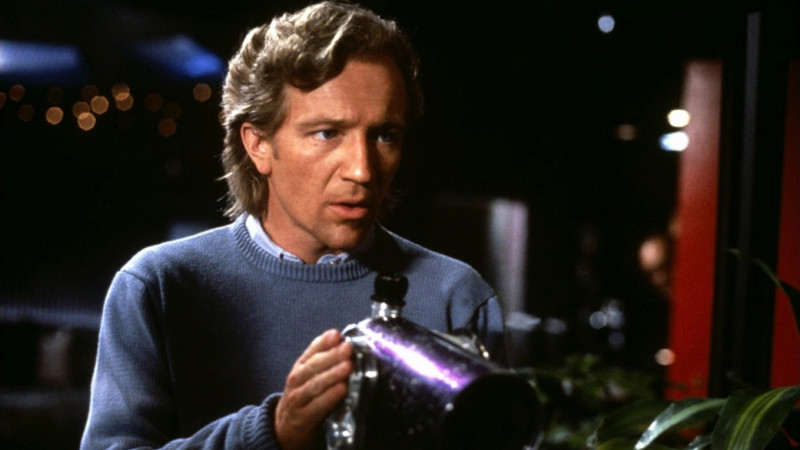
Brian De Palma gleefully toys with his favorite Hitchcockian themes of obsession and voyeurism in this erotically-charged overture, the subversive, sleek, and deliberately trashy Body Double.
Jake Scully (Craig Wasson) is a B-actor of bad horror films now fallen on hard times. His actor pal Sam Bouchard (Gregg Henry) takes pity on him and hooks him up with a house sitting gig at an ultra-modern home in the Hollywood Hills. Before you know it Jake is spying on his sexy neighbor who does salacious stripteases like clockwork each night, in front of her bedroom window, curtains wide open for easy peeping.
Using every stylish flourish in his expert attaché, the thriller that unfolds is bounteous with twists and turns, astonishing reveals, fearsome flashbacks, rakish innuendo, and mounting tensions. Body Double keeps piling on the peril and the panache and then unleashes a gobsmacking turn late in the film from Melanie Griffith as porn star Holly Body. Holly is somehow stitched into the labyrinthine yet airtight plot that keeps going too far.
As sleazy objet d’art and enjoyable escapist pleasure, Body Double is De Palma’s most indulgent delight. It just doesn’t get any sleeker, sexier, or risqué as this subversive chef d’oeuvre. A fan favorite, Body Double is deserving a greater appreciation as few films so stylish and gleefully off the chain are also this much mischeivous fun.
1. Stranger Than Paradise (1984)
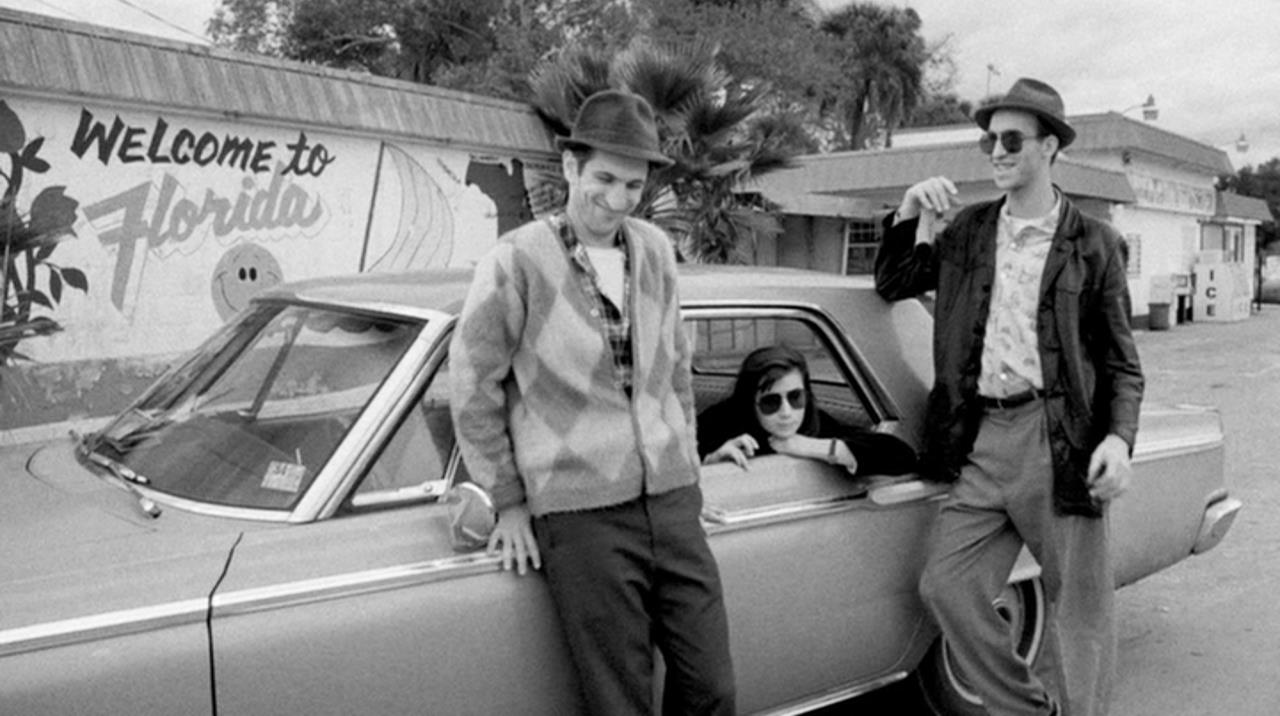
Perhaps the quintessential indie film of the 1980s, voted the Best Picture of 1984 by the National Society of Film Critics and recipient of the Caméra d’Or at the 1984 Cannes Film Festival, Stranger Than Paradise was a watershed motion picture for Jim Jarmusch. But today there seems to be a growing and ill-informed internet conglomerate of would-be film fans who are utterly unfamiliar, so maybe the inclusion of this film at the top of our list will help clear the air a little and re-introduce this fabulous film to a new generation of fans.
John Lurie is wonderful as Willie, a New York City layabout hipster and a bit of a goof-off who pals around with Eddie (Richard Edson, ex-drummer for Sonic Youth). Their day-to-day is punctuated by card-sharking, TV dinners, and barley pops. When Eva (Eszter Balint), Willie’s 16-year-old cousin from Budapest, drops in rather unannounced, it’s not long before he warms to her and soon finds himself braving Cleveland and later Florida to be a better uncle and to battle ennui in a rather low-key but satisfying fashion. While not a whole lot really happens in Stranger Than Paradise, it’s a character driven and atmospheric affair, with dry humor at every step, and it’s all done with great care and a fascinating cleverness.
Writing for the New York Times, critic and columnist Lynn Hirschberg remarked that the film “permanently upended the idea of independent film as an intrinsically inaccessible avant-garde form” and it established Jarmusch as the savior of the American indie milieu. An important film, worthy of adoration, don’t miss it.
Author Bio: Shane Scott-Travis is a film critic, screenwriter, comic book author/illustrator and cineaste. Currently residing in Vancouver, Canada, Shane can often be found at the cinema, the dog park, or off in a corner someplace, paraphrasing Groucho Marx. Follow Shane on Twitter @ShaneScottravis.